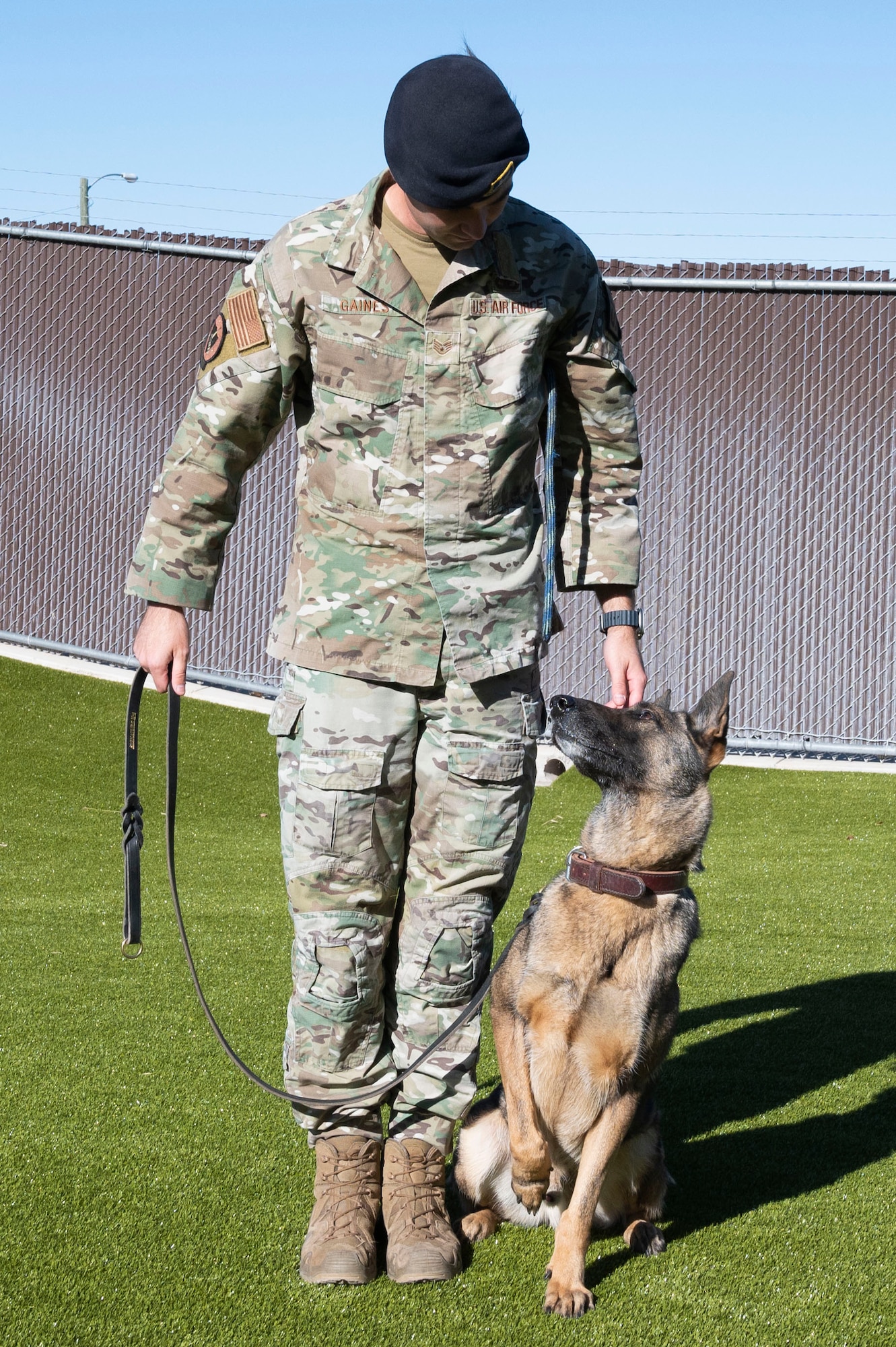Start your dog’s training journey with Ohana K9 Academy professionals.
Necessary Pet Dog Training Methods for a Life Time of Excellent Behavior
Efficient dog training is fundamental to promoting a well-behaved companion that enhances our lives. Comprehending canine habits and utilizing socializing approaches can prevent potential concerns prior to they arise.
Understanding Pooch Habits

Moreover, comprehending the inherent instincts and drives of a pet-- such as victim drive, social communications, and territorial actions-- makes it possible for trainers to expect and handle certain behaviors. A pet with a solid victim drive may need various approaches than one that is much more socially inclined.
In addition, early socializing and exposure to different environments significantly affect a dog's behavior and character. Positive experiences during vital developmental durations can lead to well-adjusted grown-up dogs, whereas negative experiences might lead to anxiousness or aggressiveness.
Positive Reinforcement Methods
Among the various pet dog training techniques, favorable reinforcement methods attract attention for their effectiveness and capacity to reinforce the bond in between canine and instructor (Ohana K9 Academy). This method emphasizes fulfilling desired actions as opposed to penalizing undesirable ones, fostering a more cooperative and relying on connection
Positive support can take lots of types, consisting of deals with, appreciation, toys, or playtime. The trick is to provide prompt incentives when the dog displays the desired behavior, enabling them to make the connection in between the action and the favorable result. If a pet dog sits on command, giving a reward right away strengthens that habits, making it more most likely to be duplicated.
Consistency is critical in favorable support training. Trainers should use the same cues and incentives to stay clear of confusing the canine. In addition, differing the benefits can keep the pet dog's interest and motivation, transitioning from regular treats to occasional appreciation or play as the pet masters the behavior.

Basic Command Training
Building on the foundation developed with favorable support methods, standard command training functions as a crucial action in developing an accommodating pet dog. This training commonly includes vital commands such as "rest," "remain," "come," and "down - Ohana K9 Academy." Each command plays an important duty in cultivating efficient interaction between the canine and its proprietor, boosting the general bond
To start standard command training, select a silent setting devoid of interruptions. Begin with brief, focused sessions lasting no more than 5 to 10 mins to keep your pet's focus. Utilize high-value treats as incentives, Source guaranteeing the dog links correct actions with positive outcomes. When teaching a command, make use of a clear, consistent verbal hint come with by hand signals to reinforce understanding.
Patience is essential; dogs might require many reps to realize commands totally. Slowly enhance the intricacy by presenting variations or disturbances as soon as your canine reliably responds. Routine method strengthens learned commands, solidifying them in your pet dog's behavior repertoire. Eventually, basic command training not only fosters obedience yet also boosts safety and helps with enjoyable communications during walks and playtime, laying the groundwork for more advanced training methods in the future.
Socialization Strategies
In the realm of dog training, socializing strategies are important for cultivating a well-adjusted and positive canine buddy. Effective socialization involves exposing your pet dog to a range of settings, individuals, and various other animals in a regulated and positive fashion. The main goal is to help your pet dog develop a convenience level with varied experiences, which can dramatically reduce fear and anxiousness in unknown situations.
Begin socializing throughout the essential developing home window of 3 to 14 weeks, when puppies are most responsive to new experiences. Introduce your pet to various settings, such as parks, metropolitan areas, and homes with other animals. Ensure these experiences declare by utilizing deals with and praise to strengthen good habits.
Team training courses are a have a peek at this site superb way to expose your canine to other pet dogs and people in an organized atmosphere. This allows for monitored interactions, helping your pet dog find out proper social hints. Routine outings and playdates with well-mannered canines can further improve social abilities.
Addressing Behavioral Concerns
Dealing with behavior problems in canines is a vital facet of training that calls for an organized method and understanding of canine behavior. Usual problems such as barking, chewing, aggression, and stress and her response anxiety can originate from different factors, consisting of lack of socialization, inadequate workout, or even medical issues.

Furthermore, establishing a structured regimen that consists of normal workout and psychological stimulation can significantly reduce behavioral problems. Interactive toys can keep a canine engaged and reduce damaging tendencies. In situations of extreme hostility or stress and anxiety, talking to an expert dog trainer or a veterinary behaviorist may be essential.
Verdict
Finally, efficient pet training techniques, consisting of positive reinforcement, standard command training, and socialization, are crucial for fostering excellent habits throughout a dog's life. Addressing behavior issues with a systematic strategy not just enhances obedience but additionally strengthens the bond between pets and their proprietors. By implementing these strategies consistently, dogs can become well-adjusted friends, efficient in browsing different settings and interactions with confidence and convenience. Hence, developing a foundation for an unified relationship is vital.